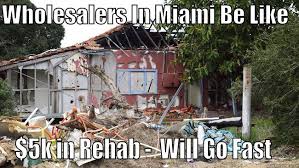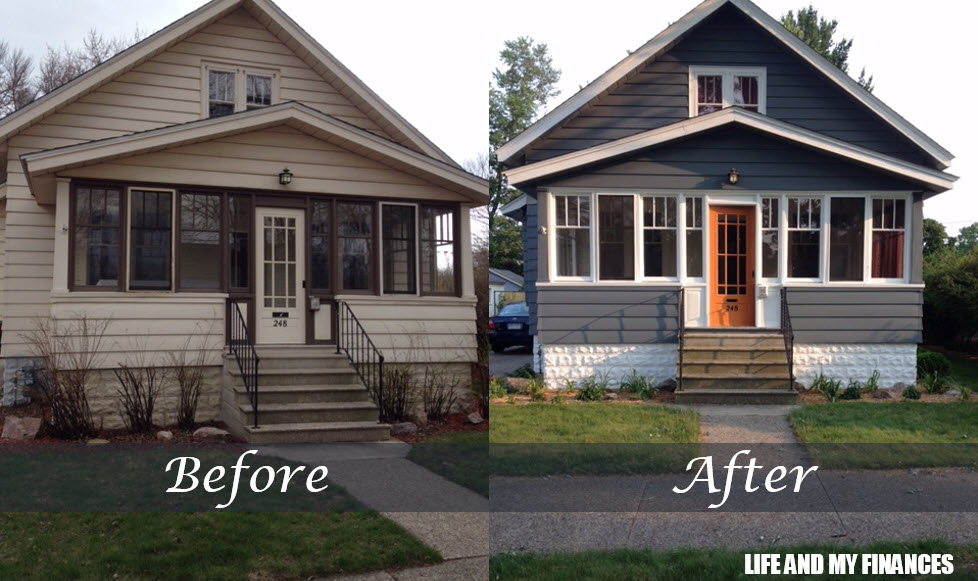Hello!
When you start a conversation on real estate investing, the first question we have to answer is this: Are we talking about residential or commercial real estate? This particular post will deal exclusively with residential real estate. The differences between residential and commercial real estate will be discussed in a separate posting.
In residential real estate, your profit is taken when you exit the deal. That “exit strategy” is defined by the market conditions with which you find yourself. So… what market are you in? How can you tell? Real estate markets, like most things, cycle. The media and the layperson like to characterize markets as “up” or “down”. This terminology is very limiting and incorrect. Let’s dive deeper and talk about it.
Let’s use the analogy of fish food and goldfish. When I have a lot of fish, and not a lot of fish food, that food is in demand. The inventory is low. The fish (buyers) will fight for whatever food (houses) might be available. When there is a low inventory of houses, demand to buy houses is high, credit is readily available, jobs are plentiful, the economy is expanding and unemployment is low, then the demand to own a part of the “American Dream” is strong. Properties tend to appreciate, and all of the self-described “real estate investors” come along to “flip houses” and “make a killing”. Buyers, secure in their jobs and corporate expansion are very comfortable signing on the dotted line for a 30 year mortgage. This market is actually called a “seller’s market” and the exit strategies that work well in this market are 1. Buy, Fix and Sell/Quick Turn (laypeople and amateurs call this “flipping”) and 2. Wholesaling.
There is, of course, the other side of the coin. The economy is now contracting. Jobs are scarce. Banks are tightening up on their lending requirements as people begin to default. As a result of the credit crunch, there are fewer fish around that are seeking fish food. Plenty of food (houses), as people who have lost their jobs begin to liquidate assets and shed debt as best they can. Those that do not own homes do not want to obligate themselves to a 30 year commitment with an uncertain future, so they choose to rent instead. When homeowners try to sell their homes, they find the market saturated with other homes that have few qualified buyers. Any potential buyers will still face a stiff set of requirements just to get a loan to buy a house. This market is actually called a “buyer’s market” and it is in this market where the true investors play. The exit strategies that work well in this market are 1. Buy, Fix and Rent, and 2. Lease Options.
I strongly recommend anyone interested in real estate investing to first invest in their own education. Read the books, sit in the classes and learn how to handle sophisticated transactions.
We’ll talk more later about various subjects, but for now, best of luck in your investments!
- The Cave Buyers.





